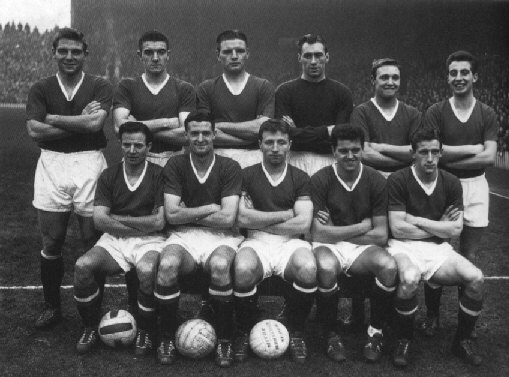It was the day of the annual Channel Four newsreaders’ outing, and this year it was Katie Razzall’s turn to choose their destination. After much thought, peering out of a window of the studio annexe into the pouring rain, she had decided they should picnic next to Schubert’s grave in the Central Cemetery in Vienna.
Between them, Jon Snow and Carl Dinnen both packed and carried the picnic basket.
“It is more of a hamper than a basket,†said Carl, as they lugged it along the path towards the imposing tombstone with its Karl Kundmann relief.
“I wonder how one would best define the difference between a basket and a hamper,†replied Jon.
Lindsey Hilsum, who was walking alongside them carrying a banjo in a banjo case, supplied them with just such a definition.
On this occasion, responsibility for the picnic blanket had been entrusted to Samira Ahmed. The previous year, Krishnan Guru-Murthy had carelessly tossed the blanket into the sea during what had been a startlingly rough crossing. As pro tem captain of the boat, Alex Thomson had tried to shoulder the blame, but there had been much muttering about Krishnan’s cavalier tossage. The general feeling was that, just because the boat was being buffeted by extraordinary waves and seawater was sloshing about the deck was no reason for him to have been such a flibbertigibbet. Jonathan Rugman argued that, given his surname, and the similarity of a blanket to a rug, he ought to be the one charged with bringing the picnic blanket safely to the picnic spot, but Samira overruled him.
“In any case,†she said, “Your name is Rugman, not Blanketman, and there is a difference between a picnic rug and a picnic blanket, a difference which I am sure Lindsey can make crystal clear.â€
“I’m not sure I could,†said Lindsay Taylor. It was pointed out to him that Samira meant Lindsey Hilsum.
Kylie Morris and Cathy Newman were lagging behind, grubbing for worms in the rich cemetery soil. They had been told by Gary Gibbon that Viennese worms made the best bait for anglers, though whether this was true or not was a moot point. Gary himself was trying to catch up with Lindsey Hilsum. He was cradling his cornet in his arms and wanted to have a quick chat with her about the duet they would play once the picnic was in full swing. Darshna Soni had suggested a medley of special picnic songs she had written with Sue Turton, but the parts were very complicated, and probably called for a bassoon and xylophone, neither of which instruments was to hand.
By now most of the newsreaders had reached the grave.
“Here music has buried a treasure, but even fairer hopes,†declaimed Faisal Islam, doing an impromptu translation of the epitaph inscribed on the tombstone.
“Who wrote that?†asked Nicholas Glass.
“I think you will find it was the poet Franz Grillparzer,†piped up Simon Israel, who, in spite of the chilly weather, was not wearing any socks. Earlier, he had explained to Victoria MacDonald that this was his small way of testing himself and pitting himself against nature.
Samira spread the blanket out with help from Julian Rush and Lucy Manning, and soon they were all picnicking happily in the shadow of Schubert’s grave. The only thing that cast a pall on their outing was the looming presence in the sky of a flock of rare Viennese vultures. Emily Reuben threw pebbles at them, and Roz Upton shouted bird-scarifying imprecations, but neither tactic made the flock disperse. But it did not rain, as it had threatened to do, and they did not after all have to unroll the big tarpaulin that Nick Paton Walsh had brought along with him just in case.
One of the interesting things about Channel Four newsreader picnics was the way they distributed the food. So, Jon, Samira and Nicholas ate only the cocktail sausages, Krishnan and Sue the celery sticks with a drizzle of gin, Victoria, Julian and Alex the individually-wrapped turnip pies, Kylie and Simon the cheeseballs, Cathy, Katie and Faisal the cheese triangles, Lindsey and Lindsay the potato peelings with suet, Darshna, Roz and Lucy the cuppasoup, Nick and Jonathan the Garibaldi biscuits, and Emily, Carl and Gary the lettuce tart. All of them, however, drank copious quantities of boiled Viennese beans ‘n’ cabbage water, sprinkled with icing sugar.
It was a grand outing, and this year’s pro tem boat captain, Kylie, steered them skilfully and safely back across the channel so they were in the studio by five to seven, in time for the news.

Â
Â
Â
Â
Â
Â
Â
Â
Â
Â
Â
Â
Â
Â
Â
Â
Â
Â
Â



